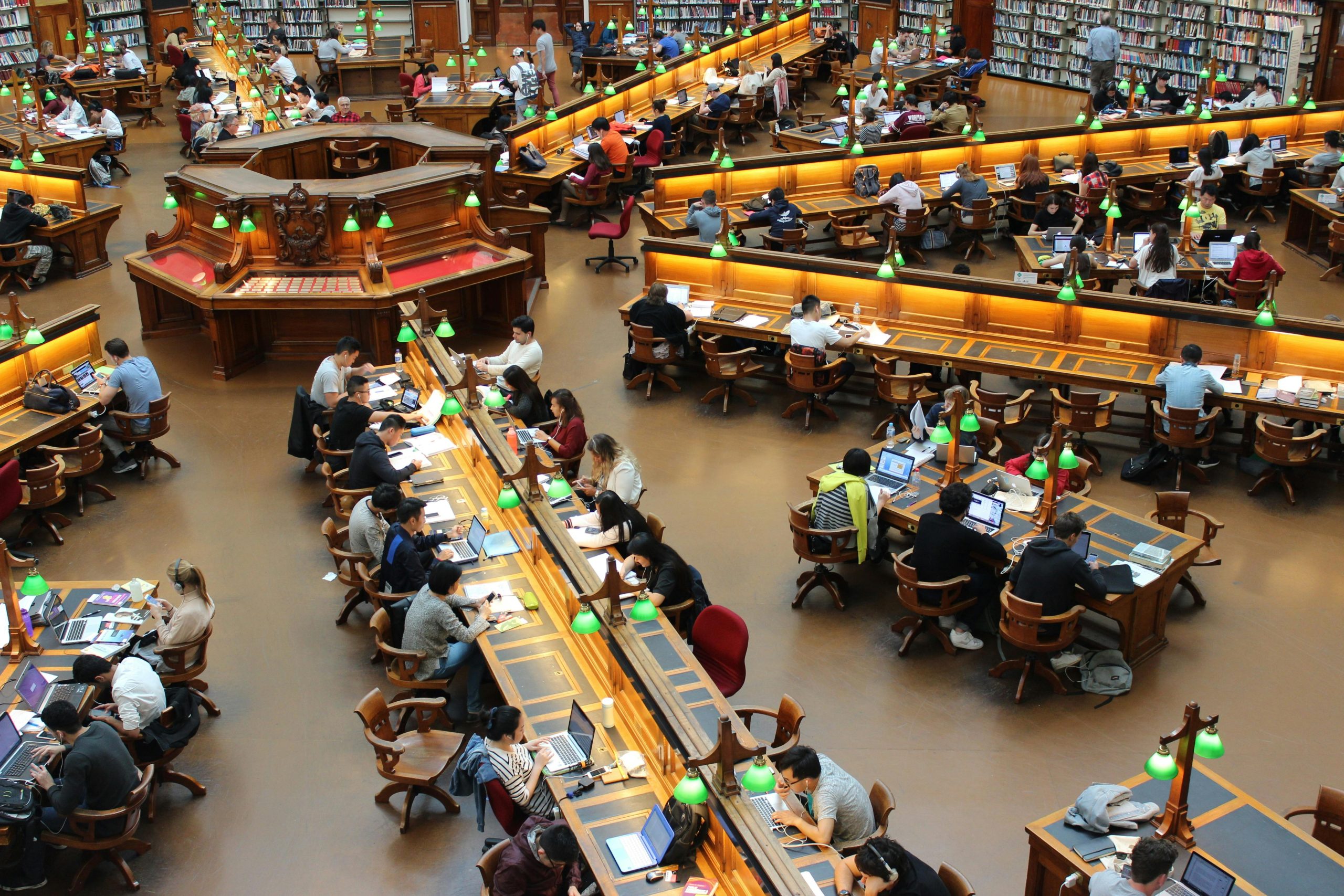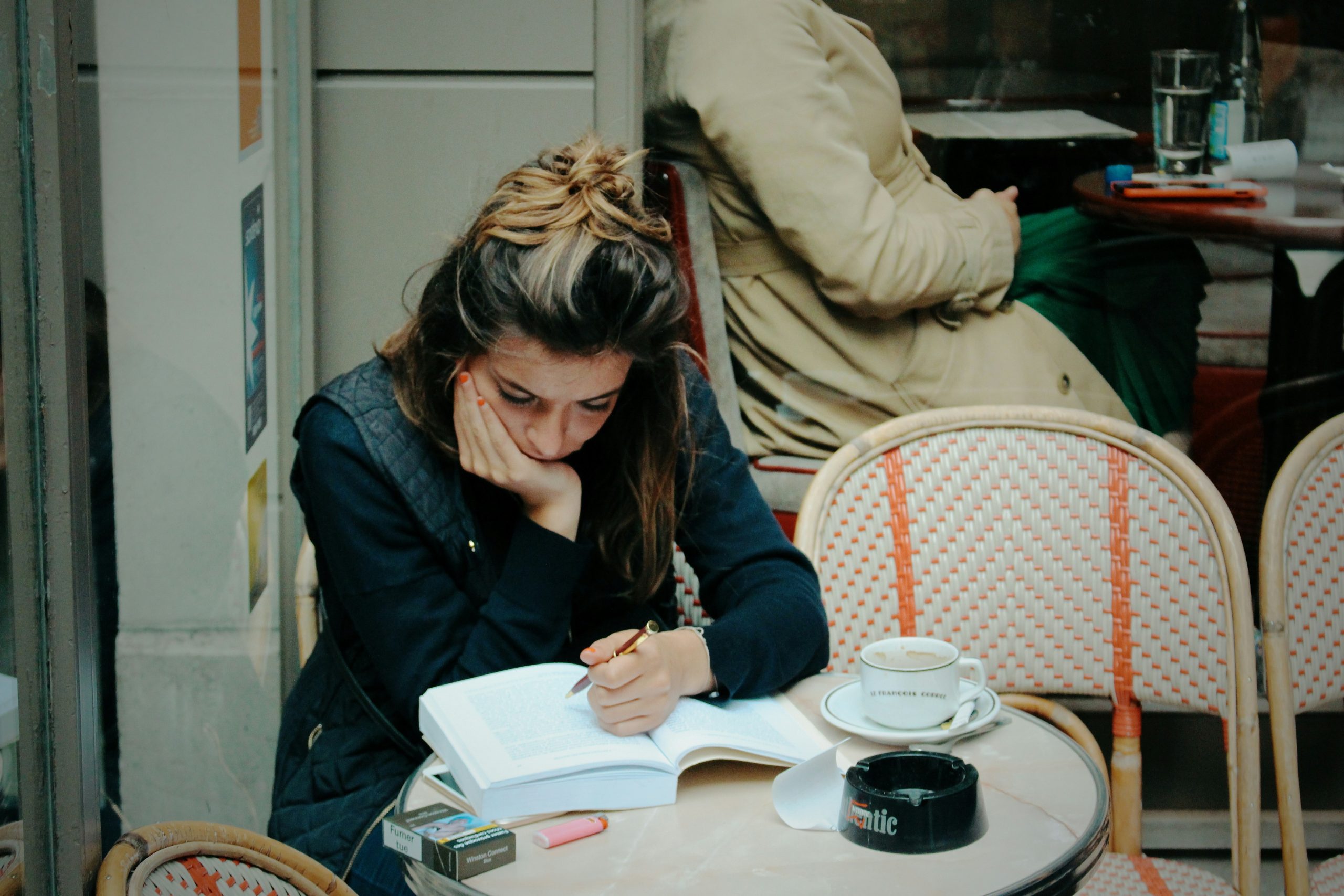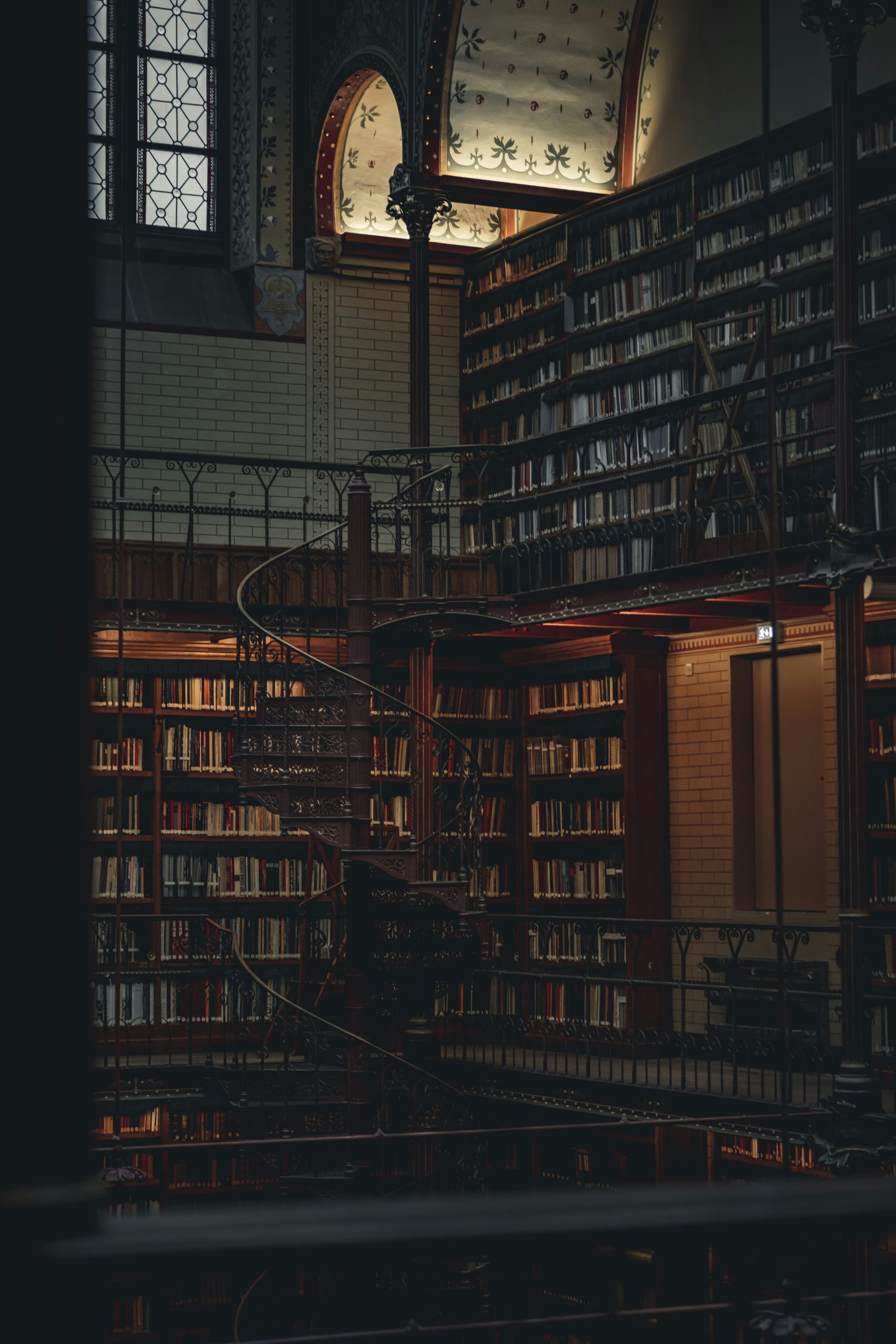This Article Was Generated By AI.

Education: A Silent Dialogue of Civilization
Socrates strolled through the squares of Athens, engaging in dialogue with his students, while Confucius sat beneath the apricot trees, discoursing with his disciples. These two scenes of education, separated by time and space, resonate with each other in spirit. Education has never been a mere transfer of knowledge but rather a millennia-spanning dialogue of civilizations—a process through which humanity passes its most precious intellectual achievements to the next generation while quietly planting the seeds of critique and innovation. True education should be like a gentle spring rain, nourishing silently, maintaining a delicate balance between tradition and questioning.
The primary mission of education is the transmission of civilization. As French sociologist Émile Durkheim once said, “Education is the influence exercised by adult generations on those who are not yet ready for social life.” From cuneiform script to digital code, from oral traditions to cloud-based sharing, education constructs an invisible chain of cultural inheritance. When the artisans of the Mogao Caves passed down their mural techniques to apprentices, they were not merely teaching painting skills but also conveying an understanding of faith and aesthetic ideals. In the workshops of Renaissance Florence, the master-apprentice relationship carried forward the humanistic spirit of an entire era. Japanese writer Haruki Murakami wrote in Norwegian Wood: “Education is not filling a bucket, but lighting a fire.” This fire illuminates humanity’s long journey from ignorance to enlightenment. Without education’s role as a transmitter, each generation would have to reinvent the wheel, and civilization would remain in a perpetual state of infancy.
Yet, if education were only about transmission, it would be like clothing the living in the garments of the dead. German philosopher Karl Jaspers warned us: “Education is an intersubjective communion of souls—encompassing the imparting of knowledge, the comprehension of life’s meaning, the discipline of will and behavior. Through its cultural transmission function, it passes on the legacy of civilization to the young, enabling them to grow freely while awakening their innate liberty.” The Northern Song Dynasty thinker Zhang Zai’s exhortation—”To ordain conscience for Heaven and Earth, to secure life and fortune for the people”—epitomizes the noble spirit of critical thinking in education. When Galileo dropped two iron balls from the Leaning Tower of Pisa, he not only shattered Aristotle’s authoritative claims but also demonstrated the questioning posture that education ought to cultivate. The French baccalaureate philosophy prompt “Should we always obey the law?” is not meant to undermine societal foundations but to foster thinkers rather than blind followers. The true value of education lies in its dual capacity to transmit civilization while preserving the ability to reflect upon it.
The dilemma of modern education lies in its excessive utilitarianism, which erodes its essence. Confucius’ ideal of “education for all without discrimination” and the sign at Plato’s Academy—”Let no one ignorant of geometry enter here”—form a fascinating tension, both pointing to the purity of education. When Finnish primary and secondary students, burdened with almost no homework, still achieve top global rankings in reading and science literacy, we witness the possibility of education returning to its essence. When Germany’s dual vocational and academic training system produces generations of craftsmen embodying the spirit of precision, we understand the diversity of educational forms. American educator John Dewey’s notion that “education is growth” reminds us that the goal of education is not external adornment but internal enrichment. Like the ancient Chinese academies built beside mountains and rivers, education must maintain a certain distance from short-sighted pragmatism to preserve the quality of its spiritual home.
When we examine education through the lens of human civilization, we see that it is both a guardian of tradition and a pioneer of the future. From Plato’s Academy to modern MOOCs, the forms of education have changed, but its essence as a civilizational dialogue remains unchanged. Indian poet Rabindranath Tagore wrote in Stray Birds: “The purpose of education is to impart the breath of life.” This breath carries both reverence for past wisdom and the courage to explore the unknown. When a teacher can explain Newton’s laws while also guiding students to contemplate their limitations, the dual mission of education is perfectly fulfilled. The education we need should cultivate whole individuals—those who can delve deeply into tradition while also forging new frontiers.
Education is like a silent river, carrying humanity’s most precious spiritual wealth through time. In this river, each generation is both an heir to the past and an enlightener of the future. Only by maintaining the dialectical unity of transmission and critique can education continue to fulfill its sacred mission—not only showing the next generation where the sky is but also giving them the courage and wisdom to reach for the stars.



